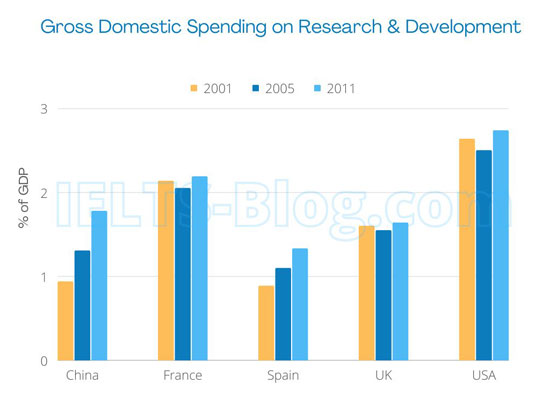IELTS Speaking test in South Korea, with answers – November 2022
Yesterday we shared the questions from an IELTS exam in South Korea. Here are some high-scoring model answers, to give you an idea how to respond to those questions:
Speaking test
Part 1 (Interview)
1. Where do you live (in which city)?
I live in Durban, which the business hub of Kwa Zulu Natal, and it’s a large bustling metropolis.
2. What do you like about the city you live in?
Well, what I really love about this place is that it is a melting pot of cultures, and this is most notable in the downtown area. You can find countless examples of a unique fusion of cultures and traditions in everything, from the food to the architecture there. I suppose it’s because people from all over the world, belonging to various religions and ethnicities, have made it their home.
3. Compared to the city you lived in when you were young, what are its advantages and disadvantages?
My hometown was much smaller and therefore much more peaceful and quieter, which is in stark contrast to Durban. It’s always noisy here and people are always busy during the day or socialising at night. It really is a city that never sleeps. On the bright side, one of the biggest plus points of living here is that I have access to better facilities like world-class healthcare education.
4. What do you usually do on your birthday?
I hardly ever celebrate my birthday these days, and, in all honesty, I sometimes even forget that it’s my birthday. This is because it usually falls on a weekday when I am busy with work and other mundane things. My mom and dad send me their wishes by text during the day, and we have our traditional family birthday phone call in the evening and chat about different things, and mostly catch up on all the things in each other’s lives that we missed recently.
5. What did you do on your birthday when you were young?
Birthdays as a kid were a whole different ballgame. My parents would go out of their way to throw extravagant parties for me and my little sister and would invite all the kids in the neighbourhood. Each year we had a different party theme, based on whatever we were interested in at the time. Basically, all we did on our birthday was have fun and eat cake!
6. Do you feel differently about your birthday now, compared to when you were young?
Yes, it doesn’t hold the same feelings of excitement as it used to. I would count the days till my birthday and beg my parents to get me a ton of presents, but now birthdays serve as a reminder that I am getting older. Still, I do think of it as a day to be grateful for all the wonderful things that have happened to me so far.


